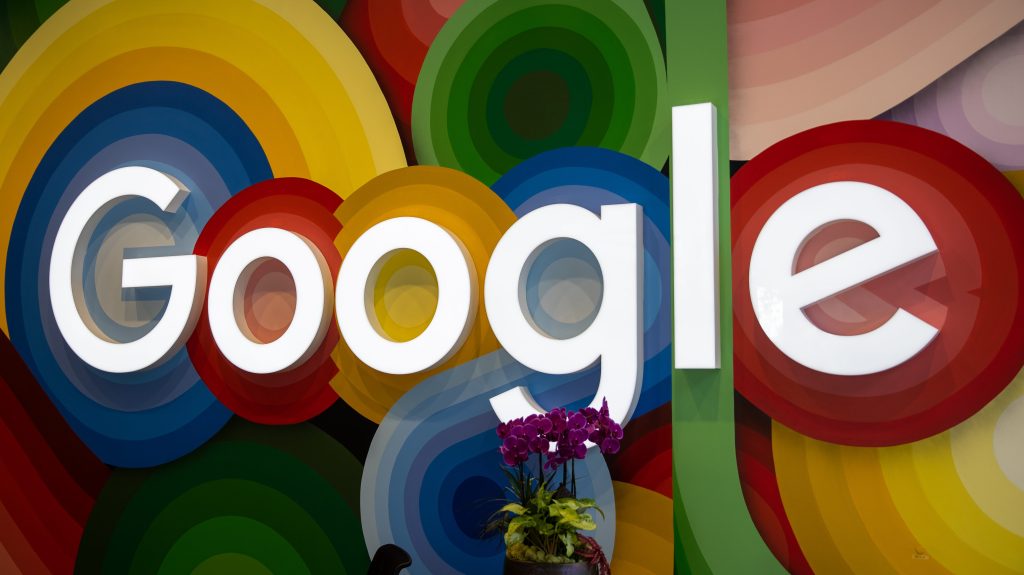Google’s Privacy Sandbox aims to replace third-party cookies with a more privacy-conscious approach, allowing users to manage their interests and grouping them into cohorts based on similar browsing patterns. That’s a major change for the online advertising industry, and after years of talking about it and releasing various experiments, it’s about to get real for the online advertising industry. Starting in early 2024, Google plans to migrate 1% of Chrome users to Privacy Sandbox and disable third-party cookies for them, the company announced today. Google’s plan to completely deprecate third-party cookies in the second half of 2024 remains on track.
In addition, with the launch of the Chrome 115 release in July, Google is making Privacy Sandbox’s relevance and measurement APIs generally available to all Chrome users, making it easy for developers to test these APIs with live traffic. Google doesn’t plan to make any significant changes to the API after this release.
Deprecating third-party cookies for 1% of Chrome users doesn’t sound like it would have a major impact, but as Google’s Victor Wong, who leads product for Private Advertising Technology within Privacy Sandbox, told me, it will help developers assess their real-world readiness for the larger changes coming in late 2024. To get ready for this, developers will also be able to simulate their third-party cookie deprecation readiness starting in Q4 2023, when they’ll be able to test their solutions by moving a configurable percentage of their users to Privacy Sandbox.
“This plan was developed with close consultation and coordination with UK’s Competition and Markets Authority — the CMA. We consulted with them on this and we felt this is the best way to, jointly with the industry, actually test out the solution,” Wong explained. “In Q4 [2023], we help coordinate some of the testing and make that easier. Q1 [2024], we deprecate for 1%, which then, for everyone in the industry, forces them to seriously start experimenting and testing.”
With the launch of Chrome 115, most adtech developers should be able to start testing their solutions at scale. At that point, Privacy Sandbox features like Protected Audience, Attribution Reporting and the Topics API will be locked in.
It’s worth noting that today, users can already turn on the Privacy Sandbox trials in Chrome. The APIs have been available for testing since the launch of the Chrome 101 beta. But that’s obviously quite different from being able to test these APIs at scale.
“A lot of folks have been asking for more scaled availability, because today, obviously, only a minority of users currently have sandbox available. So just even to do testing there is quite limited. But we’re seeing a lot of interest to scale that up,” said Wong. He also noted that Google doesn’t currently have any plans for intermediary steps throughout 2023 to scale this number beyond 1%. Once it decides to fully deprecate, Google plans to go from 1% to 100% without any milestones in-between (though there will obviously be a bit of a ramp-up).
Google’s original plan had called for phasing out tracking cookies as early as 2022, but the company changed that timeline back in 2021 and then again in 2022.
“I don’t think it’s an overstatement to say how big of a deal this initiative is, at least in the history of the web. So we’re taking a very deliberate approach based on the input of voices across the ecosystem, including developers, regulators, policymakers and advertisers. We heard from a lot of these partners, saying more time was needed to make sure that they could test and adapt,” Wong said. But he also noted that the company is seeing a lot of people in the ecosystem starting to move very quickly now that these deadlines are approaching. Some partners, he thinks, may already be at the point where they could make the switch today.
It’s no secret that Privacy Sandbox isn’t uncontroversial and other browser vendors are taking very different approaches to preserving their users’ privacy. With the CMA closely watching Google’s initiative, the company has committed to a set of guidelines that should ensure that there are no self-preferencing practices in how it implements Privacy Sandbox that could give it an advantage over its competitors. As none of the competitors seem particularly keen on adopting Privacy Sandbox, the implications for the overall web advertising ecosystem remain to be seen.
Google proposes new privacy and anti-fingerprinting controls for the web































Comment